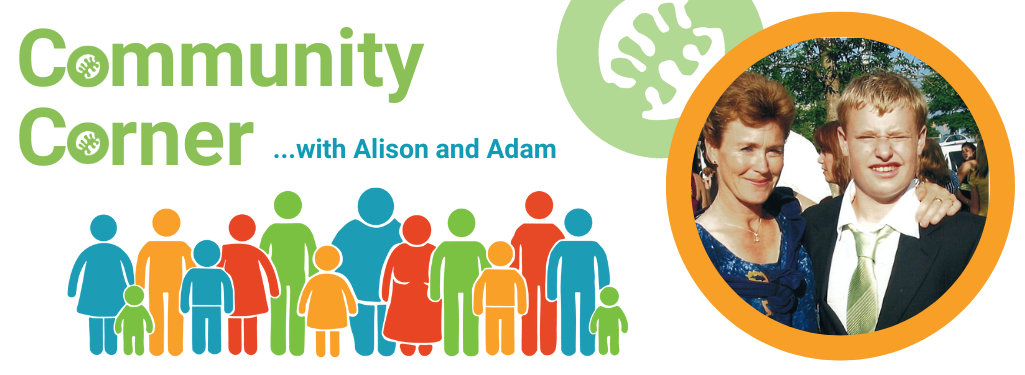Hazel’s Light Up for Mito Walk
Hazel's Light Up for Mito Walk
Thank you to all the Vancouver Island families and supporters living with mitochondrial disease for joining the 3rd annual Hazel’s Light Up for Mito Walk! This annual walk is led by MitoCanada’s mitoAmbassador Hazel Currie, who lives with MNGIE (mitochondrial neurogastrointestinal encephalopathy), an ultra-rare mitochondrial disease. While thousands of Canadians live with mitochondrial disease, Hazel remains the only known case of MNGIE in British Columbia and is using her energy to help raise awareness, inspire hope and educate others about mito.
 Event Details
Event Details
On Saturday, September 20th, 2025 Hazel led the group for a stroll through downtown Victoria, taking in the 15 heritage buildings and local businesses glowing green. The walk started at Christ Church Cathedral and ended at the BC Legislatures, where the ceremonial entrance alcove and fountains were lit in vibrant green in support of mitochondrial disease awareness. Details for 2026 will be announced soon.














